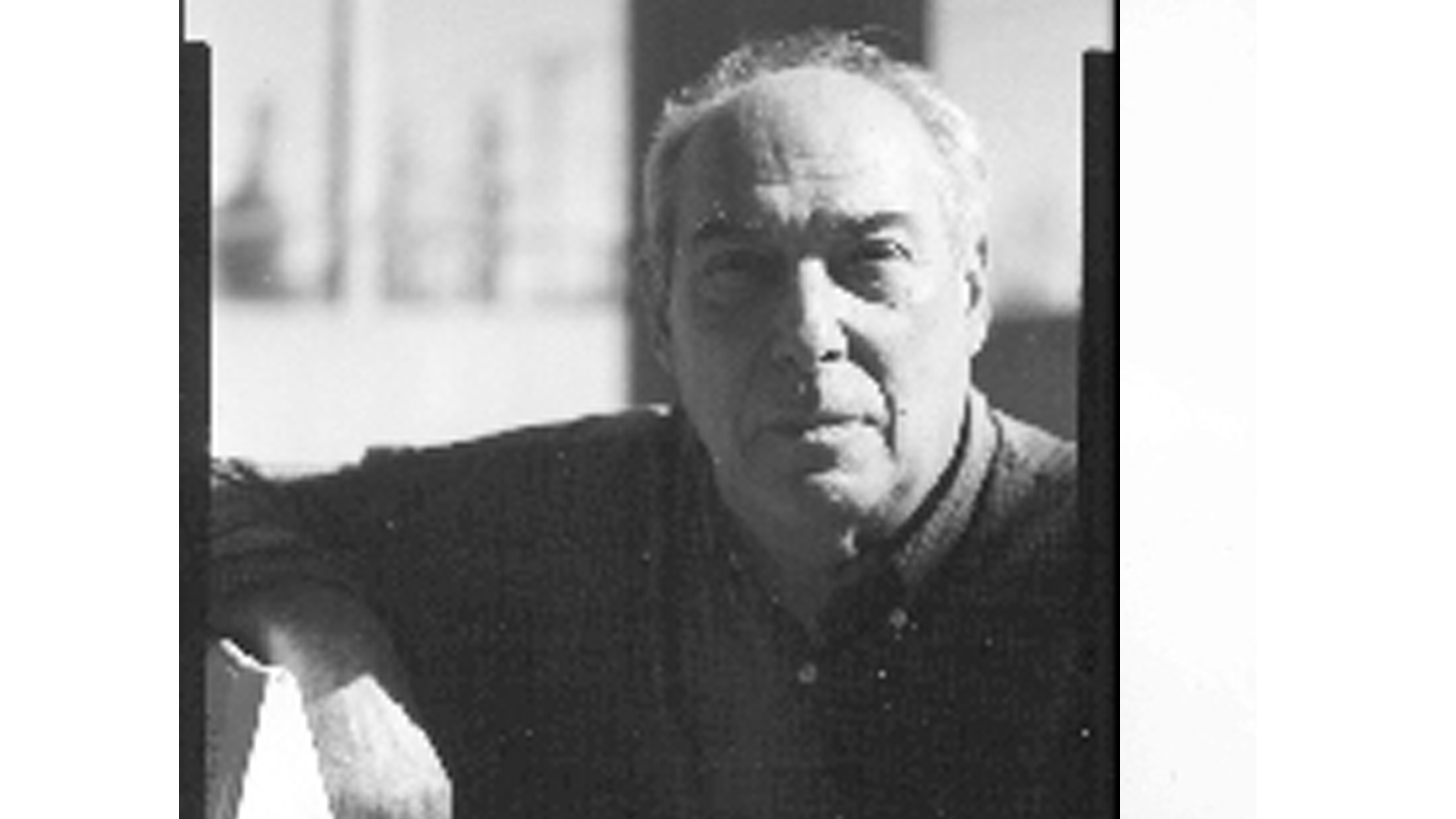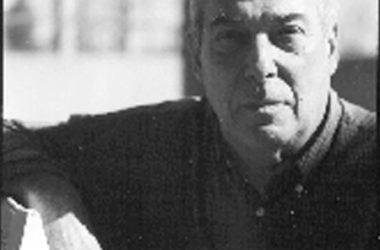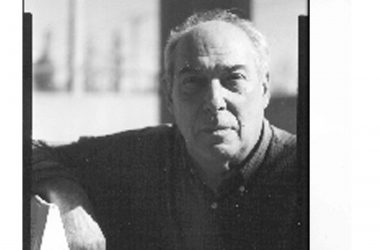Last night I was in my car listening to a broadcast of the Mendelssohn Violin Concerto, one of my favorites, a standard in the canon of Romantic music. When the piece ended the announcer came on and in that know-it-all voice characteristic of public-radio announcers informed us that we had just heard the Violin Concerto by the great Jewish composer, Felix Mendelssohn, in a recording made by Charles Munch and the Boston Symphony Orchestra with the great Jewish violinist, Jascha Heifetz, played, he told us, in honor of the beginning of Hanukkah, the Jewish Festival of Lights.
In the first place, Mendelssohn was a Christian. Heifetz was irreligious. I doubt either of them would have celebrated Hanukkah.
In the second place, the meaning of Hanukkah is open to question. It was a minor holiday in Europe, becoming important only in the U.S. when American rabbis seeking to resist assimilation needed an occasion in December to compete with Christmas. The official version is that it commemorates the rebellion led by the Maccabee brothers against the Syrian King Antiochus who ruled Jerusalem in the second century BCE. In fact what was taking place was a civil war within Jewish society between those who wished to cling to rabbinical traditions and those who wished to adopt Hellenistic reforms. The conflict came to a head in a dispute over who was to be appointed chief rabbi when Antiochus, known for his liberal policies, sided with the reformers.
While most American Jews of my generation grew up with the official version, in recent years the true story has gained currency, perhaps because Jewish officials are now moved to openly proclaim their opposition to assimilation. Thus the December 3 issue of the Jewish Advocate reports that “Judas Maccabee takes a back seat in the Chanukah exhibit at the Mobius Gallery in Boston. Rather than focusing on the heroic revolt and miracle oil, the display examines an underlying theme of the Chanukah story: tradition vs. assimilation.”
Hanukkah commemorates a slaughter of assimilators by traditionalists.
Had the traditionalists been able to get their hands on Mendelssohn and Heifetz, they would have killed them, too.
Postscript December 4: I wrote the truth more than I knew. From Wikipedia:
On his third tour to Israel in 1953, Heifetz included in his recitals the Violin Sonata by Richard Strauss. At the time, Strauss was considered by many to be a Nazi composer, and his works were unofficially banned in Israel along with those of Richard Wagner. Despite the fact that the judeocide had occurred less than ten years earlier and a last-minute plea from the Israeli Minister of Education, the defiant Heifetz argued, “The music is above these factors … I will not change my program. I have the right to decide on my repertoire.” Throughout his tour the performance of the Strauss sonata was followed by dead silence.
Heifetz was attacked after his recital in Jerusalem outside his hotel by a young man who struck Heifetz’s violin case, Heifetz resorting to using his right hand to protect his priceless violin from the crowbar. As the attacker started to flee, Heifetz alerted his companions, who were armed, “Shoot that man, he tried to kill me.” The attacker escaped and was never found. The attack has since been attributed to the Kingdom of Israel terrorist group. The incident made headlines in the press and Heifetz defiantly announced that he would not stop playing the Strauss. Threats continued to come, however, and he omitted the Strauss from his next recital without explanation. His last concert was cancelled after his swollen right hand began to hurt. He left Israel and did not return until 1970.
Send comments to [email protected]



